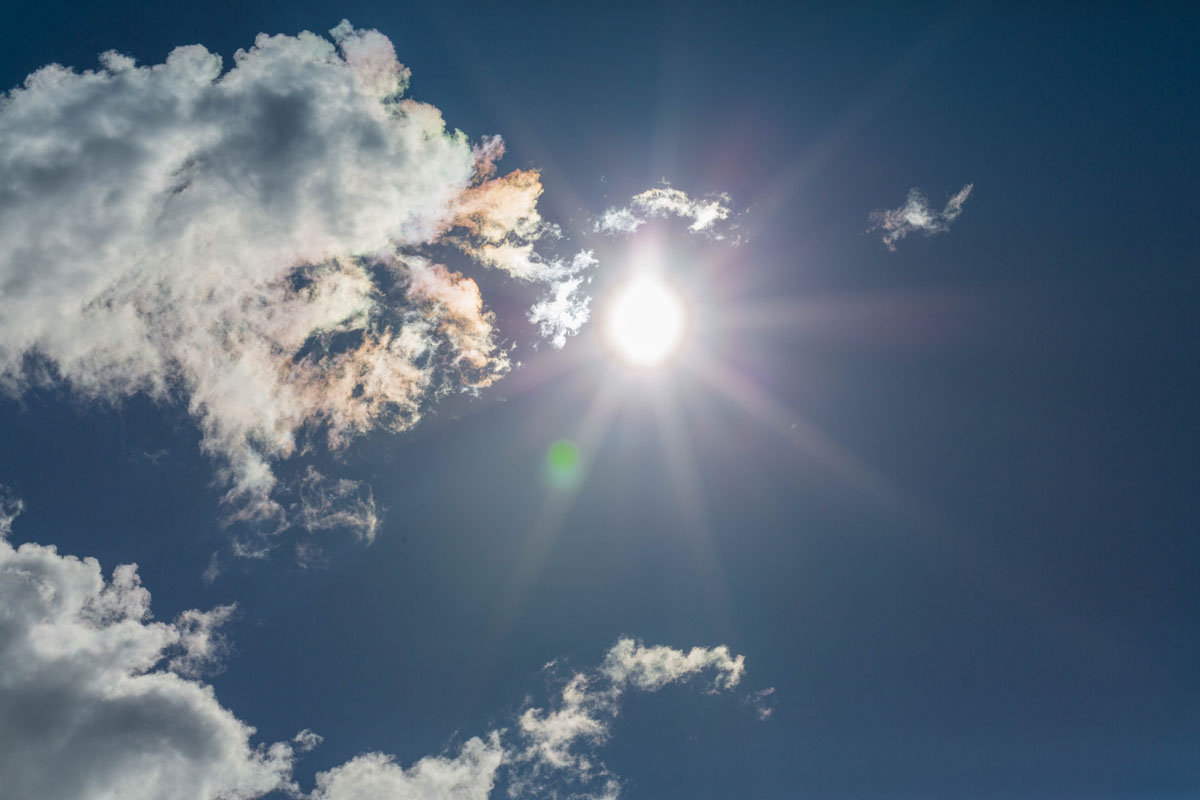Exposure to sunlight in winter offers several important benefits, especially when colder weather and shorter days make it harder to get enough sunlight. Here’s how sunlight exposure can positively impact our health and well-being during the winter months:
1. Vitamin D Production
- Essential for Bone Health: Vitamin D, which is produced when skin is exposed to sunlight, is crucial for bone density and strength. Winter months often lead to vitamin D deficiencies due to less sun exposure, making any sunlight we do get important for maintaining healthy levels.
- Immune System Support: Vitamin D plays a significant role in immune function, which is especially important during winter when colds and flu are more common. Maintaining adequate vitamin D levels through sunlight can help boost immune response.
2. Mood and Mental Health Boost
- Reduced Risk of Depression: Sunlight exposure increases the production of serotonin, a hormone that boosts mood and helps fend off depression. This is especially helpful in winter, when Seasonal Affective Disorder (SAD) becomes more prevalent.
- Combatting Seasonal Affective Disorder (SAD): SAD is a type of depression related to changing seasons and reduced sunlight. Sun exposure in the morning can alleviate SAD symptoms, and many people find that getting outside, even on cold days, helps improve mood.
- Increased Energy: Exposure to natural light can also reduce feelings of lethargy and increase overall energy levels, making it easier to stay active and productive during the winter.
3. Improved Sleep Quality
- Regulation of Circadian Rhythm: Sunlight exposure helps regulate the body’s internal clock (circadian rhythm), which promotes a regular sleep-wake cycle. Even brief exposure to morning sunlight in winter can signal the brain to produce melatonin at night, leading to better sleep.
- Reduced Insomnia: By helping to establish a consistent circadian rhythm, sunlight exposure can reduce symptoms of insomnia and improve overall sleep quality during the darker winter months.
4. Enhanced Heart Health
- Lowered Blood Pressure: Sunlight exposure can increase nitric oxide levels in the skin, which dilates blood vessels and can lower blood pressure. This effect helps support heart health and can reduce stress on the cardiovascular system in the winter months.
- Circulation Benefits: Sunlight exposure has been shown to help improve circulation, which is especially beneficial during winter when colder temperatures can cause blood vessels to constrict.
5. Support for Weight Management and Metabolism
- Appetite Control: Increased serotonin from sunlight can help curb sugar cravings, which tend to increase in winter. Maintaining a healthy appetite balance can support better weight management and overall health.
- Boosted Metabolism: Sunlight may support metabolic health, helping the body efficiently convert food into energy. This effect can be particularly helpful in winter when people are often less active.
6. Skin Health Benefits
- Reducing Inflammatory Skin Conditions: For those with skin conditions like eczema, psoriasis, and acne, moderate sunlight exposure may reduce symptoms. The UV rays in sunlight have anti-inflammatory effects that can help alleviate these conditions, although always with caution to avoid overexposure.
7. Increased Motivation for Physical Activity
- Encourages Outdoor Activity: Exposure to sunlight can improve mood and energy, which can make it easier to stay active outdoors, even in colder temperatures. Physical activity outdoors in winter offers health benefits, both physically and mentally.
- More Endorphins: Outdoor exercise and exposure to sunlight together increase endorphins, which are natural mood boosters. This can enhance your overall sense of well-being during winter.
8. Enhanced Cognitive Function
- Increased Focus and Productivity: Sunlight exposure has been linked to improved focus, memory, and productivity, all of which can be challenging to maintain during the winter. Even brief exposure to sunlight can support cognitive performance by boosting mood and alertness.
Tips for Safe Winter Sun Exposure
- Get Outside in the Morning: Aim to spend 10-30 minutes outside in the sunlight during the morning or midday when the sun is brightest.
- Use Windows: If it’s too cold to go outside, sit by a sunny window, which allows you to get indirect sunlight exposure.
- Exercise Outdoors: Bundle up and go for a walk or jog outside to maximize the benefits of sunlight and fresh air.
- Consider Light Therapy: If sunlight exposure is very limited, light therapy lamps can mimic natural sunlight and may help alleviate some symptoms of wintertime low light exposure.
Sunlight in winter, even for short periods, can have lasting positive effects on physical health, mental well-being, and energy levels, making it beneficial to prioritize safe, regular sunlight exposure.
Solar Attic Fan Installation In The Phoenix Valley
Elite Solar Lighting & Fans is proud to offer solar attic fan installation services to the entire Phoenix valley including: Phoenix, Chandler, Gilbert, Mesa, Tempe, Scottsdale, Glendale, Peoria, Surprise and more.






